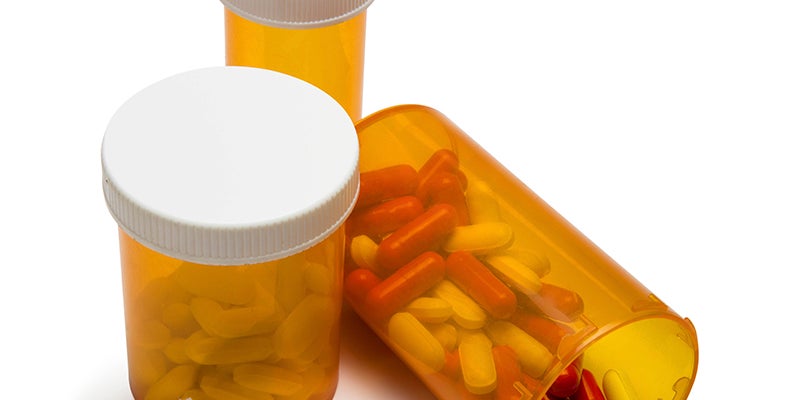With summer here, expert advises talking to teens about alcohol
Published 9:03 pm Monday, June 7, 2021
|
Getting your Trinity Audio player ready...
|
Children are constantly challenged to decipher the messages they see and hear about alcohol, not only with the ads they see on TV, but also with social media, friends, billboards, clothing paraphernalia and more. With the school year coming to an end, that also means children might have more opportunities to see these even more than ever.
Mayo Clinic Health System Fountain Centers chemical dependency physician Dr. Tyler Oesterle, M.D. points to statistics from the National Institute on Alcohol Abuse and Alcoholism that says there are benefits of having crucial conversations about alcohol use with children.
“Around 80% of teens feel that parents should have a say in whether they drink alcohol,” he said. “Talking with children helps ensure they are receiving the facts and developing healthy refusal skills when faced with the decision to drink alcohol.”
Here are some facts Oesterle says families should think about:
- More than 15 million people ages 12 and older have alcohol use disorder.
- An estimated 414,000 adolescents ages 12 to 17 have alcohol use disorder.
- Alcohol contributes to about 18.5% of emergency department visits.
- An estimated 95,000 people ― approximately 68,000 men and 27,000 women ― die from alcohol-related causes annually, making alcohol the third-leading preventable cause of death in the U.S.
- Alcohol-related problems cost America $249 billion in lost productivity, absenteeism, health care costs, crime and family problems.
“Research has shown that people who drink excessively have a greater risk of liver disease, heart disease, depression, stroke and stomach bleeding, as well as cancers of the oral cavity, esophagus, larynx, pharynx, liver, colon and rectum,” Oesterle said. “Research indicates that alcohol use during the teenage years can interfere with normal adolescent brain development and increase the risk of developing alcohol use disorder. In addition, underage drinking contributes to a range of acute consequences, such as injuries, sexual assaults and alcohol overdoses, as well as deaths, including those from motor vehicle crashes.”
Oesterle stressed that the key to prevent alcohol-related problems is early intervention.
“Be alert to signs and symptoms that may indicate a problem with alcohol,” he said. “Watch for loss of interest in activities and hobbies, and in personal appearance. Difficulties or changes in relationships with friends, such as joining a new crowd, could be another sign, along with declining grades and problems in school. Frequent mood changes and defensive behavior could also be a sign that problems might be occurring.”
To help your children avoid alcohol problems, Oesterle offers these simple ideas:
- Set a good example with your own alcohol use.
- Serve as a positive role model both at home and in public.
- Don’t make alcohol available at all.
- Learn who your children’s friends are and what they like to do
- Talk openly with your children and have regular conversations about life in general.
- Let your children know what behavior you expect and what the consequences will be if he or she doesn’t follow the rules.
- Connect with other parents about sending clear messages about the importance of youth not drinking alcohol.
- Supervise all parties to ensure there is no alcohol.
- Encourage your children to participate in healthy, fun activities that do not involve alcohol.
“Caring adults in children’s lives have the power of influence,” Oesterle said. “Talk with your children about the dangers of alcohol. It could save their lives.”




